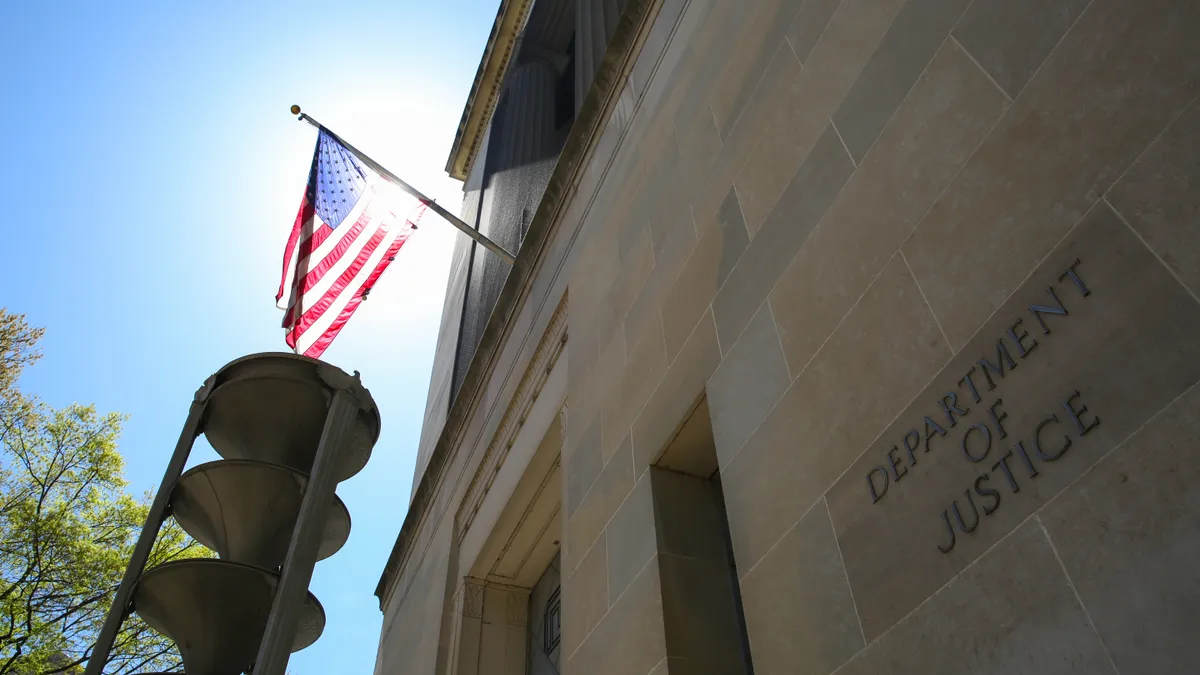Tracking data has become an important part of city government, especially as leaders look to use sensors and technology to make residents’ lives easier and digitize records from years past.
And to manage the sheer size and scale of data, jurisdictions are turning to a Chief Data Officer (CDO) to coordinate these efforts. Nearly two dozen cities have hired a dedicated CDO or similar data director role, including large cities like New Orleans, Philadelphia and San Francisco, and smaller jurisdictions including Louisville, KY and Syracuse, NY. Additionally, a recent Bloomberg Philanthropies American Mayors Survey found 49% of surveyed respondents work in cities that have a dedicated staff for data (equaling approximately 78 cities).
The role of the CDO can vary in scope and power, and the reasons for hiring one differ, too. But all have helped lead a culture shift in their local governments and worked across departments to ensure data is shared and used efficiently.
Where it all began
Oliver Wise arrived as the first "CDO" — titled the Director of Office of Performance and Accountability, or "data director" — of New Orleans in 2010, when the city was still recovering from the devastation of Hurricane Katrina and rebuilding efforts marred by budget mismanagement and corruption. Brought in by incoming Mayor Mitch Landrieu, Wise’s remit was to use data to help improve accountability and transparency.
But it wasn't easy. "There really was no centralized data capacity within city government, nor really any strategic planning capacity either," Wise told Smart Cities Dive. "To be honest, post-Katrina New Orleans was incredibly dysfunctional." And while some might have been perturbed by that situation, Wise was up for the challenge. "I really saw it as the opportunity of a lifetime," he added.
"Releasing [data] to the public allows them to learn more about how the government works and then use their talents to build applications, investigate and ask questions."

Sam Edelstein
CDO, Syracuse, NY
In Louisville, KY, things were a little different. Under Mayor Greg Fischer, the city had already taken steps toward using data, but needed one person to manage it all. On his first day as CDO, Michael Schnuerle led a cross-departmental meeting of around 50 people on data management in city government. "We had a workshop around open data and how do we keep that up to date and the importance of it and metadata and things like that," Schnuerle told Smart Cities Dive.
Changing a culture
Schnuerle’s efforts are part of a broader trend among CDOs, who are often asked to lead a culture change in city government and make leaders more thoughtful and deliberate in their use of data, while putting disparate data sets in one place.
To do that, San Francisco CDO Joy Bonaguro told Smart Cities Dive she went on a “listening tour,” where she spoke to department heads and other interested parties. That was distilled into survey results, a process she repeats each year. "What we did with that survey was it essentially allowed us to more or less define the scope of the data needs, and then what we did was we tailored our strategy to work at those needs and those challenges around the use of data," Bonaguro said.
It marks a departure from how the public perceives government, which Philadelphia CDO Tim Wisniewski described on his website as "understandably skeptical because their experience of government is often confusing, time-consuming, downtown and impersonal." But making data easier to access makes it easier for citizens to engage with local government, Syracuse, NY CDO Sam Edelstein wrote in a 2016 blog post. "Releasing [data] to the public allows them to learn more about how the government works and then use their talents to build applications, investigate and ask questions," he wrote.
Projects and goals
For Wise in New Orleans, the push for greater data usage began with solving a tangible problem: blight and urban decay. At the start of Landrieu’s first term, he promised to have 10,000 fewer blighted buildings, and Wise was tasked with using data track how close the city was to meeting that goal.
The city launched the BlightStatus website to do that and saw results almost immediately. "We had some very early wins with BlightStatus," Wise said. "We saw the pace at which we were doing code inspections went up five-fold in 10 weeks, all without adding a nickel of resources, just purely by injecting some accountability and transparency, and a process where previously there had been none.”
"There really was no centralized data capacity within city government, nor really any strategic planning capacity either. To be honest, post-Katrina New Orleans was incredibly dysfunctional."

Oliver Wise
Former CDO, New Orleans
Daunting responsibilities faced CDOs in other cities, including in San Francisco, where Bonaguro had the task of inventorying the city’s open data records. Similar work was done in Cincinnati, OH, where Chief Performance Officer Leigh Tami assessed the data and how it could be analyzed to measure departments’ performance. “We have been pulling in data from all over the city, we process it, we normalize it, to make sure we compare apples to apples or oranges to oranges and then we're automating the publication to our open data portal as well as our Cincy Insights dashboard portal,” she told TechRepublic.
And in Louisville, Schnuerle said he has started the process of building a data warehouse in the cloud, a factor in his role becoming more technical and less managerial. He also helped make the city use more open-source technology. "Initially, I tried to work within the bounds of all the rules and infrastructure we had set up, but after doing it for a while I learned enough to realize that would not work," he said.
Looking ahead
While the position is becoming more popular at the city level, it is still yet to be widely adopted. But already, many city CDOs are part of the Civic Analytics Network, chaired in 2017 by Tom Schenk Jr., Chicago’s first CDO and among the first CDO's in city government. 'This is the most classical of American activities; as soon as you get enough people together that are like-minded, form an association and try to use that collective power to influence those that are around you,” Schenk Jr. told Data-Smart City Solutions at Harvard University.
In an article for GovLoop, Bonaguro, now the network chair, said it is important to engage with a broad range of stakeholders and be open to new ideas, especially early in the job’s existence. "A broad stakeholder engagement plan will allow you to sow the seeds of future relationships and sniff out concerns, issues, existing work or opportunities early,” she wrote.
Wise, who has since departed city government for Socrata, an open data company in government technology, said identifying an issue that can be solved with data can be a good way to get the ball rolling. "It's much better to show the value of data by solving problems that matter to people rather than just telling them all the good things that might happen once this beautiful data platform is installed,” he said.



















